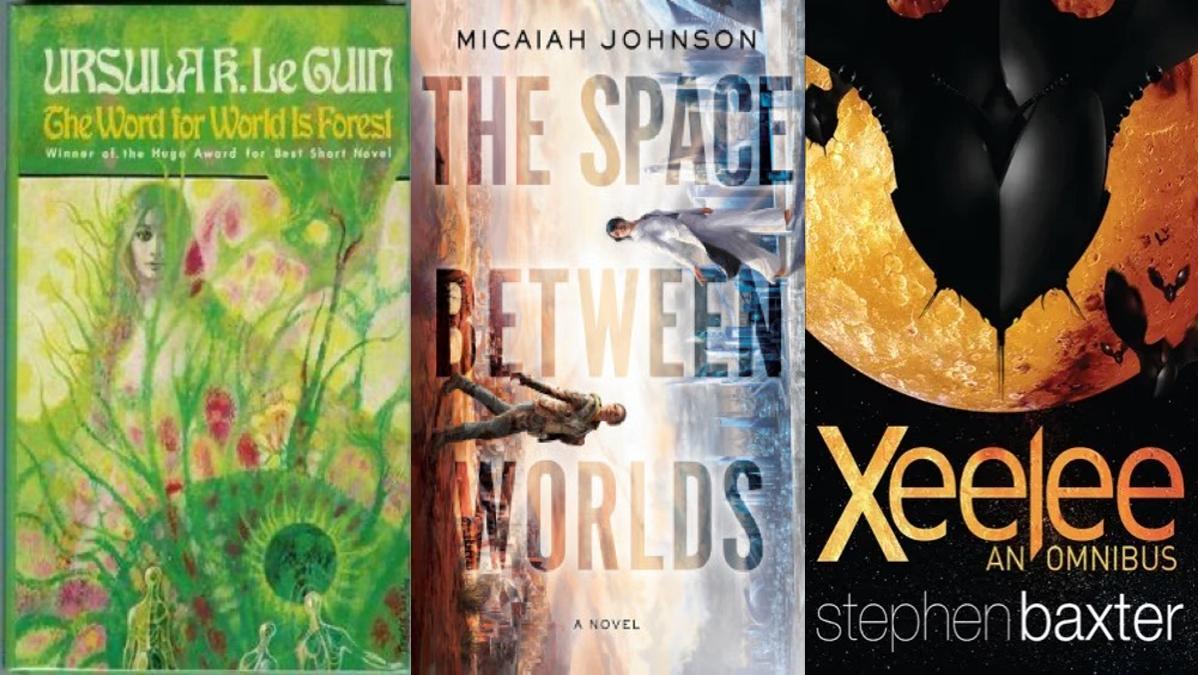
Ever since H.G. Wells’ The War of The Worlds hit the airwaves, humanity has become terrified alien invaders, unaware of the fact that aliens might just be terrified of us. To the objective and extraterrestrial observer, human beings are horrifying. For all our guises of civility – our business suits and cappuccinos and adult coloring books, we’re nothing more than a bunch of angry primates with the power to smash atoms and the gall to use it. The fountain pen that recorded human history was dipped in blood, and woe to any species that comes across us when we finally take to the stars. If extraterrestrials are expecting to meet the better angels of our nature upon first contact, they should give these 10 sci-fi books where humans are the bad guys a gander – so they know what they’re really in for.
Binti

Binti is an afrofuturist novel by Nnedi Okorafor, and is about a young women who is the first in her community to be accepted into a prestigious college… on the other side of the galaxy. After Binti runs away from home in order to catch a transport ship to Oomza University, her troubles go from difficult to abysmal after the ship is invaded by a group of jellyfish-like aliens called the Meduse. While the Meduse appear to be Lovecraftian horrors from humanity’s darkest nightmares, Binti slowly learns that the jellies’ relationship to mankind is far more nuanced than it appears. After connecting with a Meduse, Binti learns that humanity stole a sacred artifact from their kind, and the Meduse are only seeking to reclaim what is rightfully theirs. It’s a parable about the sort of colonialism that filled the British Museum with artifacts poached from indigenous peoples of the world, and one woman’s attempt to right the wrongs of her own kind.
The Sparrow
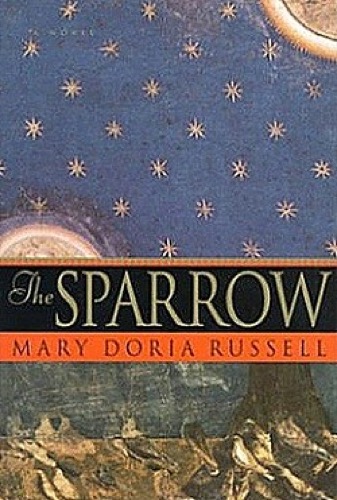
Catholics… IN SPACE! Might as well be the tagline for Mary Doria Russell’s The Sparrow – so long as “beware of” appears in parentheses in front of it. After humanity tunes in to a musical broadcast from a star system far away, a group of missionaries are dispatched to make first contact. They arrive on the planet Rakhat, which is home to two dominate and intelligent species. These species have a complicated relationship, as one preys on the other H.G. Wells’ The Time Machine style. Through a series of cultural misunderstandings, the well meaning Jesuits cause widespread devastation that tragically affects everyone involved. “Don’t stick your nose in other people’s business” could also be a tagline for this novel, with a parenthetical “unless you want it cut off” to follow.
The Warhammer 40,000 Series
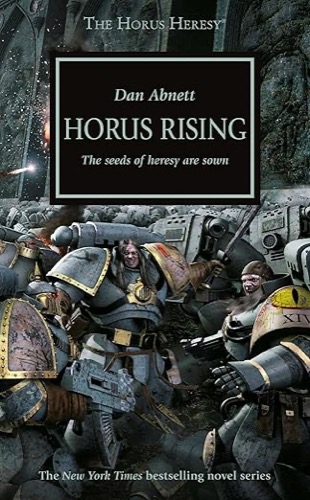
Penned by various authors as part of a collection grimdarkly known as The Black Library, The Warhammer 40,000 series features humanity at its absolute worst. Humanity once lived in a golden age of space expansion, led by a superhuman psychic known as The God Emperor of Mankind. After the God Emperor was betrayed and reduced to an undead existence stuck to a life-support throne (long story) his once shining empire quickly began to tarnish. On the countless human worlds that populate the galaxy, xenophobia is practically a state religion. The Imperium of Man has adopted a zero tolerance policy towards pretty much all alien life, deeming it “heretical” and therefore target for extermination. To be fair, some of the aliens in this series are equally as bloodthirsty and dangerous as the human race, but humanity aggressive attitude toward anything with a non-human pulse certainly doesn’t help.
Escaping Exodus
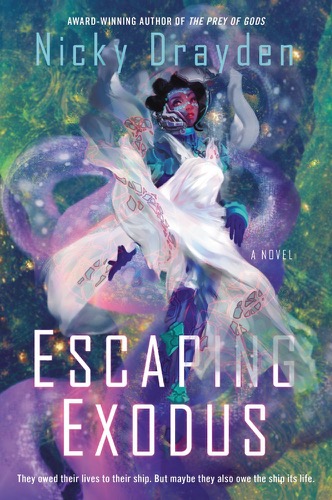
Nicky Drayden’s Escaping Exodus takes a critical look at a longstanding pillar of human civilization: animal husbandry. While mankind has long used domesticated animals to help shoulder its burdens – often though ethically dubious means – the shade of moral grey are deeper than ever in this space opera. This is the story of Seske, a young woman who is set to inherit command of a city-sized starship that just so happens to be located within the hollowed out guts of a gargantuan space beast. The titanic extraterrestrial’s bodily functions provide power to the metropolis, but at what cost? As Seske learns more and more about the space giants, it becomes clear the cost is high. Not only are these beasts likely in pain due hosting a human parasite, it’s also possible that they are sentiently aware of their suffering – despite humanity’s best attempts to convince ourselves otherwise.
Semiosis
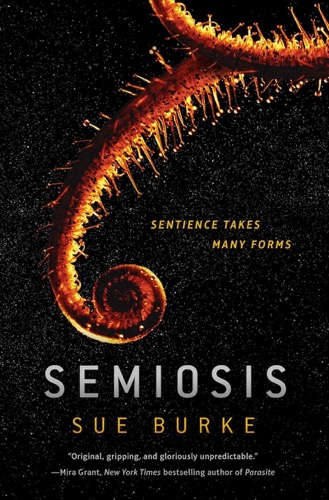
There’s an old SNL skit where Christopher Walken talks about how he puts googly eyes on his houseplants – so he can trust them. If the human colonists in Sue Burke’s Semiosis adopted the same practice on the jungle planet on which they’ve just landed, the alien plant life would surely be giving them bombastic side eye. After establishing a settlement on planet Pax, the colonists slowly realizes that they have inserted themselves into a survival struggle between the planet’s many species of intelligent flora, and those flora harbor budding animosity towards humans as well. As paranoia spreads like pollen, the humans realize that they are being manipulated by a sentient species of bamboo, which has its own plans for the settlement – none of them rosy. To be fair to the bamboo, it was growing on Pax first.
The Word for World is Forest
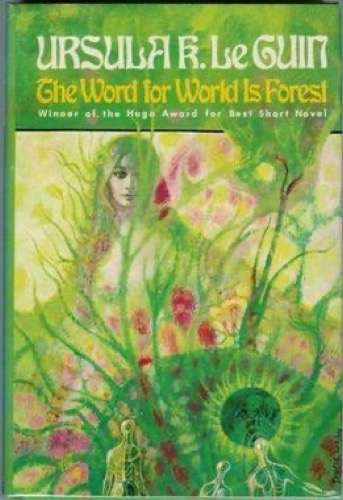
Set in the same extended universe as The Left hand of Darkness, Ursula K Le Guin’s The Word for World Is Forest is the story of a group of Terran (i.e. Earthling) colonists who establish a brutal rule over the peaceful people of Athshe. Covetous of the planet’s forests, the Terrans set up a logging settlement on Athshe, enslaving its pacifistic native inhabitants in order to speed up production. After a Terran captain murders the wife of native named Selver, Selver leads a violent revolution to forcibly remove humanity from the planet. But like a virus, humanity’s influence lingers. The people of Athshe have now been introduced to the concept of violence, and once that door has opened, it’s nearly impossible shut again.
The Forever War

Joe Halderman’s The Forever War is a grim look at the future of human conflict, told through the eyes of a soldier whose life is spent in never-ending battles that span centuries. Mandella was once a physicist, now an enlisted man in the war against the alien Taurans. Due to the realities of interstellar warfare, Mandella is forced to endure the time dilation effects of light speed travel, which costs him years of life back home in Earth. As the centuries slip by like water through a sieve, Mandella is rendered utterly alone in a cold future chilled further by endless warfare. It’s a parable about the human cost of organized violence, which is always too high a price to be paid – especially when the “enemy” wasn’t at fault in the first place.
The Xeelee Sequence
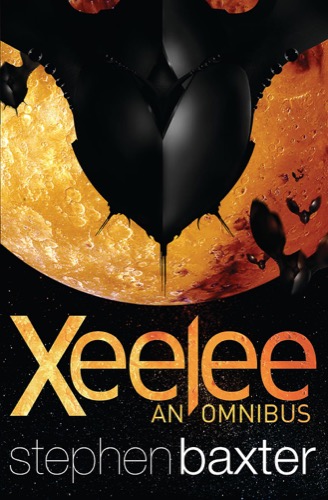
If you thought The Forever War was bad PR look for humanity, just wait ’til you get a load of alien Stephen Baxter’s The Xeelee Sequence. Spanning millions of years, this series details humanity’s unending, costly, horrifying, and ultimately fruitless war against the Xeelee – a species of eldritch entities that make our most advanced technology look like Legos. Humanity doesn’t understand why the Xeelee are building strange structures across the universe, but they’re willing to throw away the lives of billions of souls so they don’t have to find out. As humanity wages a losing battle against the Xeelee, it’s revealed that the Xeelee’s actions aren’t malicious – they’re simply beyond human understanding. And in the words of Batman Begins‘ Carmine Falconi “ya always fear what ya don’t understand” – so ya try and blow it up.
Children of Time
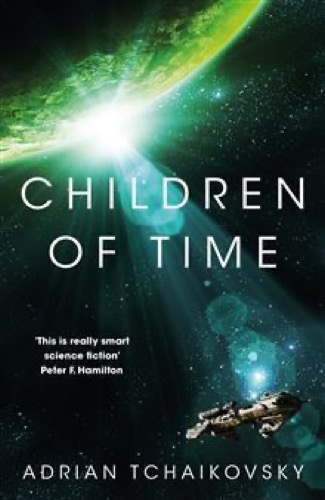
Children of Time by Adrian Tchaikovsky takes place after the death of our planet, rendered inhospitable to due to humanity being, as always, the worst. The last remnants of our species have just landed on a distant planet sowed with the seeds of terraforming, meant to evolve into an Eden for humankind. Due to an evolutionary mishap, the planet instead evolved into a paradise for spiders. Sentient spiders. The human colonists find themselves in a world inhabited by an alien civilization descended from Earth’s arachnids – who have evolved to become far kinder and more cooperative than their primate competitors. As the humans fruitlessly attempt to retake the planet, the spiders prove themselves to be far worthier to serve as stewards of their alien world in the process. Maybe we shouldn’t have spent our history swatting spiders after all.
The Space Between Worlds
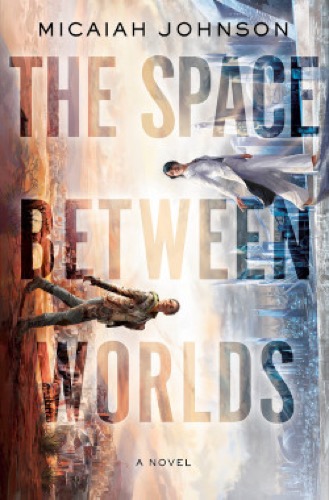
The Space Between Worlds by Micaiah Johnson is a story of humanity being the worst to ourselves. Well, parallel universe versions of ourselves. In the not so distant future, humanity has discovered away to vault across the multiverse – the caveat being that you can only do so if your alternate universe self is dead. In order to gather power and resources, the multiversal upper class employs “trash people” like Cara to vault between realities – people who grew up on poor versions Earth where most of their alternate selves are dead. As Cara jaunts across the many threads of existence, her understanding of the class (and how it will someday destroy her) begins spooling as well.
Have a tip we should know? [email protected]



.jpg?w=600)



